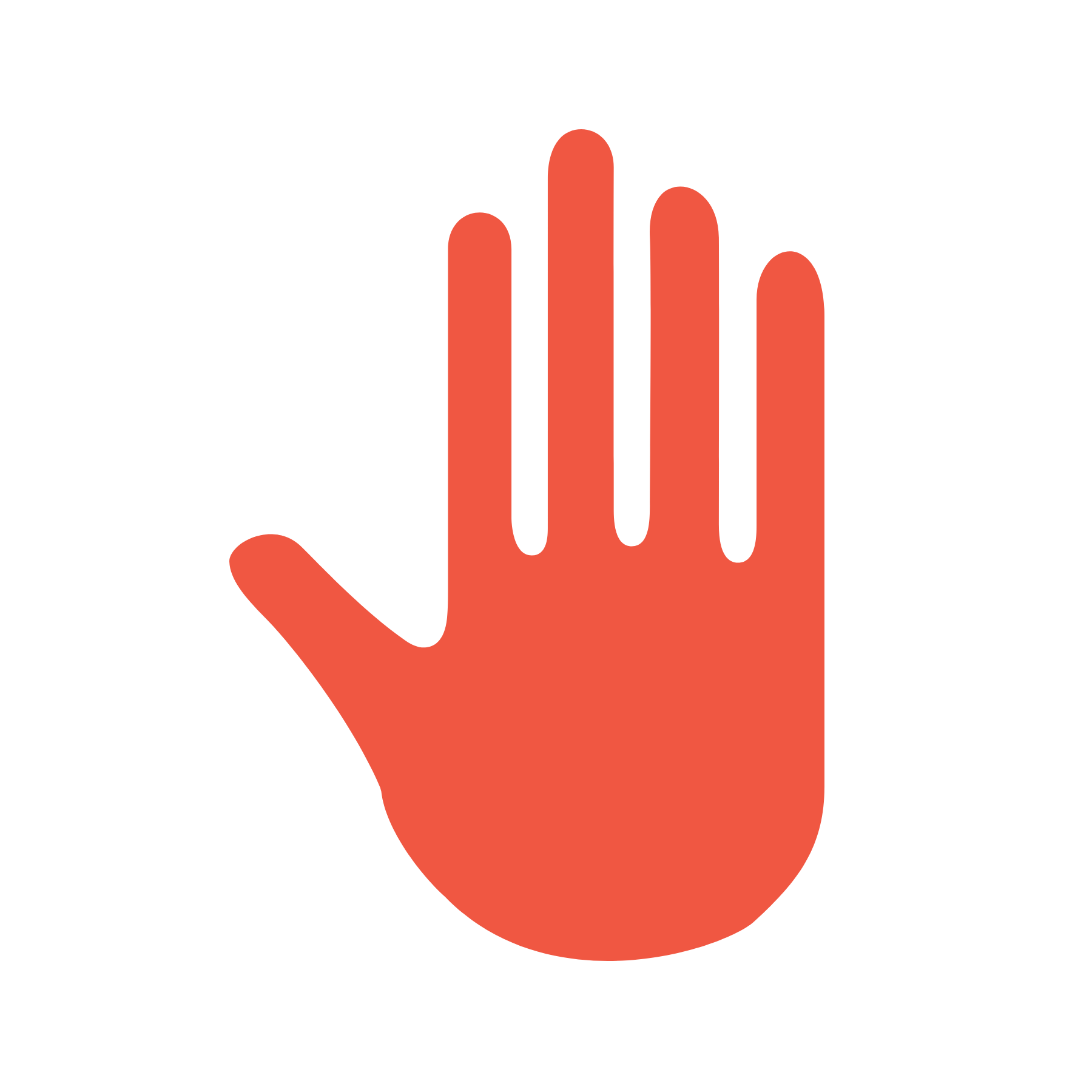Prepare, Evaluate, and Reframe Practice
Prepare
There are a range in the kinds of changes, from an individual basis, program basis, and institutional basis that you can engage with to implement your ideas.
The changes you wish to make in your practice may include programming, policy, educational experiences, content, intervention, and/or process. Take some time to assess the scope of the ideas you wish to implement as these impact the resources you need, the people you need to connect with at your institution or other partners, the timeframes in which you work, and the budget you need to make the changes.
Strategies for Implementation
Many times, the roll out of changes may be best "tested" through a pilot project. A pilot is a smaller scaled-down version of the full goals you intend. This creates an opportunity for evaluation of your changes and possible shifts to your practice without the cost, duration, and broad reach of a full-scale implementation. This is aligned to experiential education attributes in that trial-and-error and iteration will support you to make improvements as required.
Evaluate
In order to evaluate the impact of the new practice (content, process, approach, or whatever you have selected to focus on), you will need to assess it. The evaluation of your practice is crucial for understanding:
- the impact on the WIL student throughout their experiences,
- how your practice achieves the goals and outcomes you intend,
- the alignment of your beliefs and assumptions with your practices and actions, and
- the connection of your program and practice to the theories, principles and lenses in the field of WIL.
Knefelkamp et al. (1984, 1985) offer some recommendations about the evaluation of practice. These are just suggestions as the specific evaluation tools and strategies you end up choosing will depend on the specific practice that you are aiming to learn more about.
1. Evaluate Satisfaction
This is a measure of how well the students liked the practice (programming, policy, content, intervention). These may include quantitative measures (numerical scores) as well qualitative (open comments).
Some methods include:
- student interviews
- satisfaction surveys
- informal mechanisms, such as hallway chats
2. Evaluate Learning
The focus here is on the information, concepts, and/or skills that were learned by your WIL students. The evaluation may include both quantitative and qualitative assessments. You may use pre-tests, post-tests, or impact (post-pre) assessments to understand the statistical significance. Other forms of assessment of student learning in WIL is described on the Assessment page.
3. Evaluate Behaviour
Because behaviour change is nuanced, personal, and incremental, evaluation of it may require more individualized techniques (self-reports can be powerful). Such evaluations can also benefit from the passage of time so that students can truly look back in order to make a clearer, more fully informed assessment (asking 1 to 2 years after they have left your WIL program can provide important insights).
4. Evaluate External Goals
Learning, change, growth and development in students may have a desired impact on the larger environment and community. Knefelkamp et al. (1984, 1985) suggest that in order to accomplish this, integrating the findings from the three previous levels may be necessary. Given the many stakeholders in WIL you may choose to extend invitations for broader feedback to employers, community hosts, peers, supervisors, team leads, etc.
Evaluate Your Practice
Our actions often help reveal tacit (hidden) knowledge about ourselves as well as incongruences (how well aligned what we think and what we do is). This understanding allows us to reframe who we are in practice versus who we think we are on the way to becoming who we think we want to be!
Some methods include:
- Self-study of practice
- Colleague's observation of your practice and critical friendships
- Action Research
 |
To learn more about what your ACE-WIL colleagues are doing in their practice, see this Provincial Project about USING DATA AND FEEDBACK EFFECTIVELY. |
Reframe
 |
Once you have had the opportunity to analyze the evaluations about the changes to your practice, it is a great opportunity for you to think through your practice. What knowledge did you gain during the implementation and evaluation of your practice? Was your intention aligned with the impact? Is there an opportunity for you to further reframe anything in your practice? |